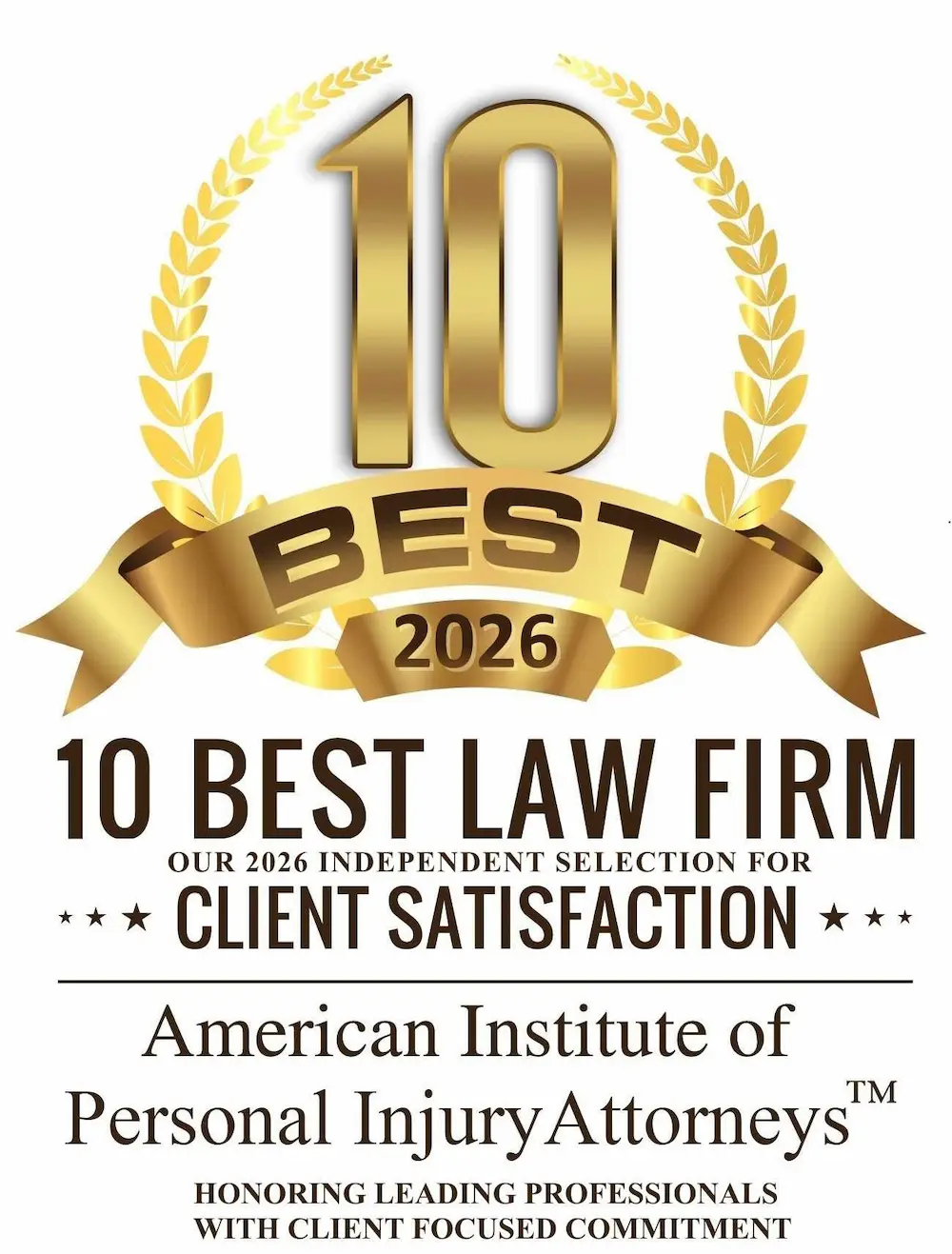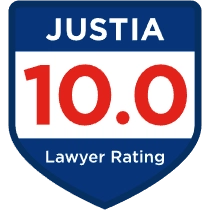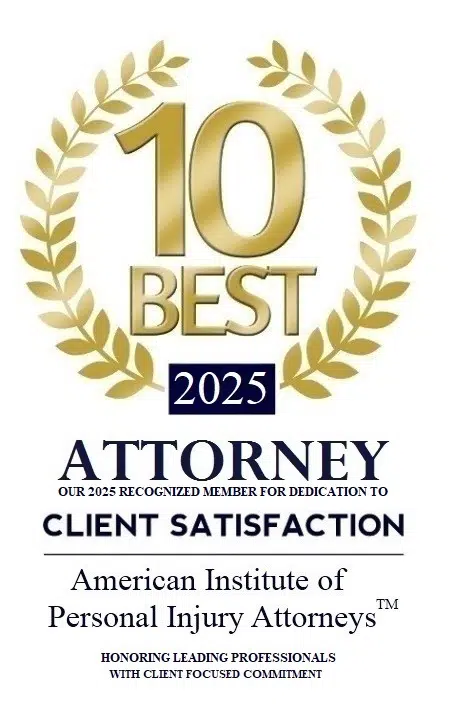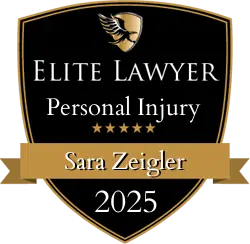In some types of accidents, it is fairly clear who is at fault, or which driver is presumed to be at fault, even without a full investigation.
Head-on collisions, left-turn accidents, and rear-end crashes are a few of these. Still, just because a crash falls into one of these categories, it does not automatically mean that the driver presumed to be at fault will be held liable.
In rear-end accidents, it is typically presumed that the driver who hit another from behind is at fault for the crash. However, this is not always the case. Below, one of our West Virginia car accident lawyers explains in further detail.
Are Rear Drivers Always at Fault for an Accident?
In the majority of cases, rear drivers are presumed to be at fault for an accident if they hit the vehicle in front of them. This is because all motorists have a responsibility to maintain a safe following distance. Usually, this is three seconds of space between a driver and the vehicle in front of them. When a driver crashes into the back of a vehicle in front of them, they are generally presumed to be at fault because it is assumed they were following the vehicle too closely.
However, there are always exceptions and this is true for rear-end car accidents, as well. There are some instances when a rear driver is not at fault for a crash.
When are Rear Drivers Not at Fault for an Accident?
It is always important to contact a West Virginia car accident lawyer after a rear-end crash. A lawyer will investigate to determine who was at fault for the accident. Some instances when rear drivers are not at fault for an accident are as follows:
- You were forced to suddenly stop: The driver in front of you may have stopped suddenly for several reasons. Perhaps they were trying to avoid another crash you were unable to see, or maybe they were “brake checking,” which is a form of reckless driving. Regardless of the reason, if the driver in front of you stopped suddenly and you did not have time to also stop, they may be liable for an accident.
- The driver in front of you suddenly swerved into your lane: As with the first example, if the driver in front of you suddenly swerved into your lane without giving you an appropriate amount of time to stop, they may be at fault for the crash. Dashcam footage and witness statements may be necessary to prove that there was nothing you could have done to avoid the collision.
- The front car was in reverse: This scenario is not as common, but there are times when a leading car may be reversing and crash into a vehicle behind it. This can occur if a driver is backing out of a parking spot and does not look for other vehicles first. If the driver was in a location where reversing is not appropriate, such as at a stop sign or on the open road, it may be even easier to prove that they were at fault for the crash.
- Faulty traffic lights: If you crashed into the rear of someone’s car because the traffic signal was not working properly, the government agency responsible for maintaining the traffic signal can be held liable. These cases are extremely complicated because you and the other motorist may have a claim against the government entity.
- Faulty brake lights: If the brake lights of the car in front of you are not working, you may crash into them because you did not realize they were stopping. This type of liability is also very difficult to prove. For example, the other party may get their brake lights repaired, perhaps even before you file your claim. It is always advised that you speak with a West Virginia car accident lawyer, as soon as possible after an accident, and before filing a claim.
What to Do After a Rear-End Accident
If you crashed into the rear of someone else’s vehicle but you do not believe you are to blame, there are many steps you can take to protect your rights. These are as follows:
- Take photos and video footage: After any accident, it is important to take photographs and video footage, if possible. It is even better if you can talk on the video and explain what happened.
- Locate witnesses: Locate anyone who saw the accident and ask them for their name and contact information. Witnesses do not have anything to gain or lose from a car accident, so the court gives their statements significant weight.
- Say as little as possible: Anything you say after an accident can be used against you to show that you were negligent. For example, you may say that the other vehicle came out of nowhere. The insurer will use this to prove that you were not paying attention and that you did not see the other car moving into your lane. Say as little as possible to other drivers involved, and avoid talking with the insurance company completely until after you discuss the situation with an attorney.
- Contact a West Virginia car accident lawyer: An attorney can speak on your behalf to ensure that no mistakes are made and that nothing said hurts your case. A lawyer can also conduct a comprehensive investigation to establish that you were not at fault for the accident.
Call Our Car Accident Lawyers in West Virginia for a Free Case Review
At Kaufman & McPherson, our West Virginia car accident lawyers are committed to fighting for you and other injured individuals. It starts with a free consultation during which we will review the facts of your case and provide sound legal advice so you can move forward with confidence. Contact us to speak to one of our attorneys and to learn more about how we can help with your case.










